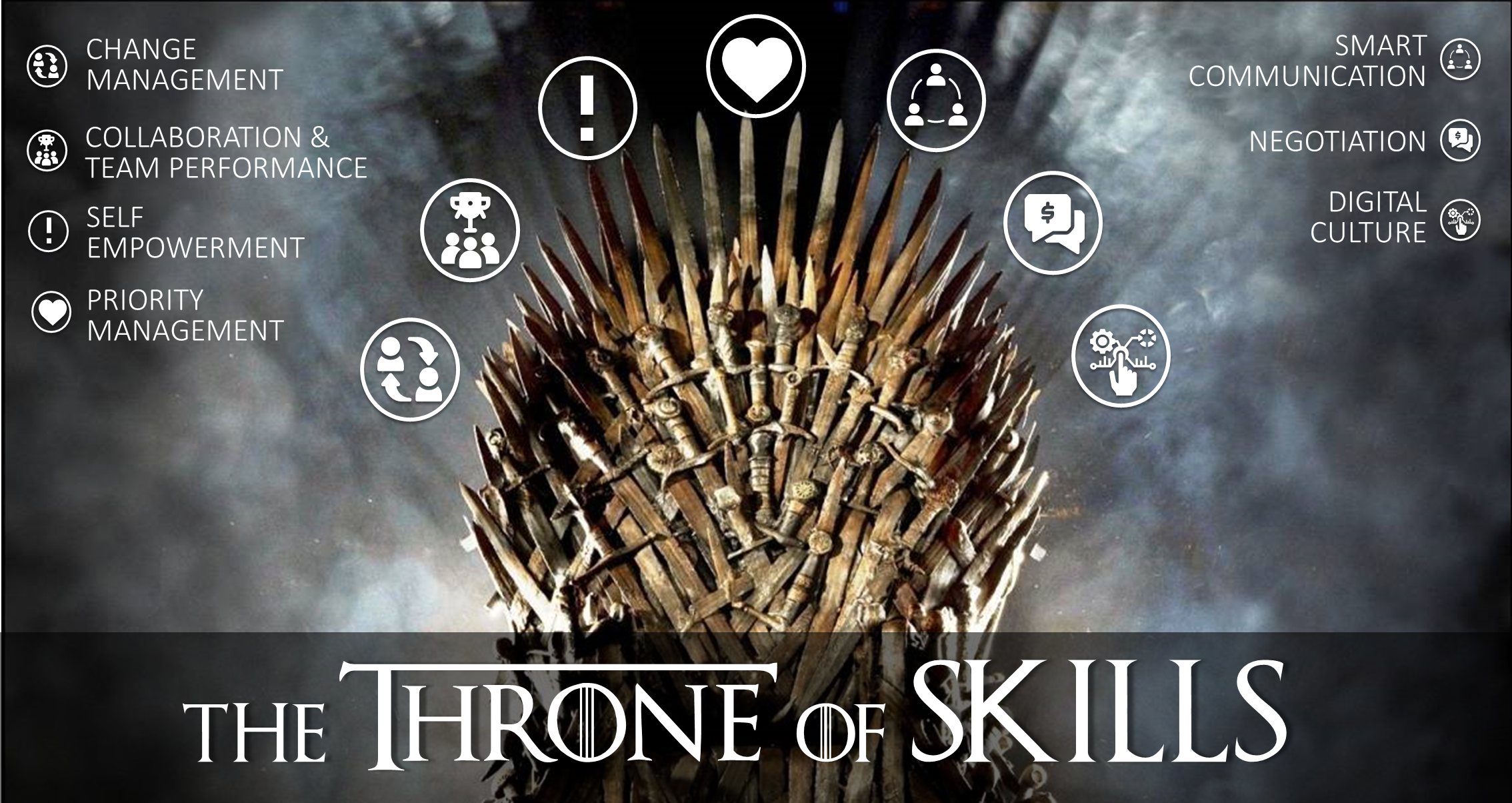Priority Management
Published on 03/06/2019
- manage relationships at the right timing
- fights enemies with refined strategies
- dedicates the right attention to affections, family ties and political issues
Man or Computer?
In the Middle Ages there were certainly no computers; but today we are led to say: "A computer is able to spread its processing capacity over multiple tasks, and to do so without affecting the quality or result". It is not true! The quality for machines are predetermined, it is numerical.A machine is all the more 'skilled' the faster it is, but in dividing the calculation capacity it automatically slows down.Do we want to try to look like the machines that were created by us to our likeness? Do we want to reduce everything to a simple matter of processing speed? Observing machines can help us get to know each other better, but our life is more than that. Our life is made up of nuances, the opposite of numerical.Define priorities
So we can set up a task and while this is going on independently we can set another one, a bit like when in the kitchen - and certainly even in the Middle Ages, while eating lots of raw foods, we boil water for pasta while we make the sauce. So what do I do first? ... This means defining the priorities of one's actions. In the case of the kitchen, the key driver is the time factor. The raw material transformation process is predefined. It is enough to know it for orientation. In other areas, how can we identify the most suitable criteria on which to focus priorities?We expand the visual: the priorities must be defined on the basis of the objective to be achieved. Just as in the kitchen the dish must be tasty, at the right temperature and served at the right time. In the workplace the priorities must be defined based on the impact that the actions to be taken will have on the results and possibly on the timeliness with which the results will be expected or desired.Eisenhower's matrix
A good matrix to use to define daily priorities is Eisenhower's, which identifies two classification criteria for the actions to be performed: Importance and Urgency. It highlights four quadrants:- Not important and not urgent: the time spent on these tasks is wasted
- Not important and urgent: it is better to delegate these tasks, because they require immediate intervention even though they are not important
- Important and not urgent: this is the best quadrant (in which to intervene) because it is here that one acts in a strategic and planning manner.
- Important and urgent: it is the quadrant that requires the utmost attention in an alert state; a quadrant that - acting well on the previous one, should be as empty as possible.
Did you miss the previous article in the series dedicated to the Throne of Skills? Check out 'Self-Empowerment: knowing how to Do, how to Be'
Contact us to see how we can help your staff develop the soft skills they need to get ahead.

